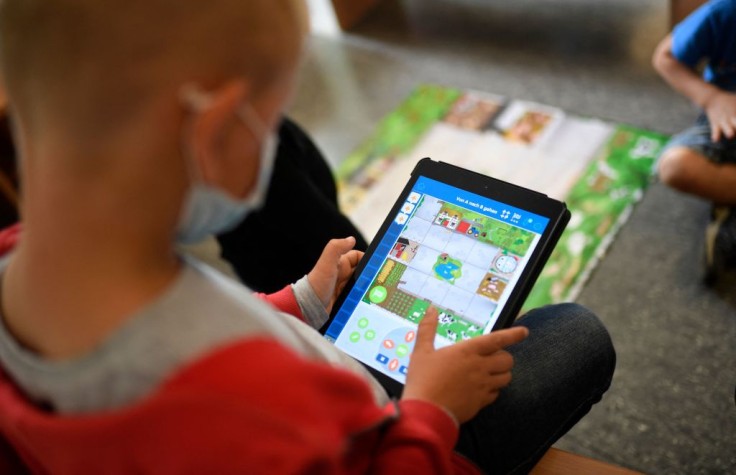
A team of experts has discovered that children between the ages of eight to 12 exposed to digital multitasking could be harming their mental health, sleep patterns, and attention span.
Researchers from the University of Luxembourg and Universite´ de Genève sent out questionnaires to 118 kids, who detailed their gadgets and electronic media use. Alongside the children, the researchers also asked the parents and teachers to provide inputs about how they perceive the children's digital multitasking has affected their mental health.
Digital multitasking covers the simultaneous use of many gadgets like television, computers, smartphones, tablets, or video games. Experts noted that the kids' frequent exposure to media does not trigger mental health problems in previous studies. Instead, the impact of using many gadgets all at once, such as watching TV while browsing on the smartphone, seems to trigger mental issues.
Read Also: Facebook Knows Instagram Brings Negative Mental Health Impact to Teen Girls, Leaked Research Reveals
What the Experts Learned
In the study published in the journal Plos One, the researchers learned that the children's teachers rated kids who are used to digital multitasking as most likely to exhibit "ADHD-like behavior." However, the experts found no significant impact between the children's "total media use" alone in relation to their mental health.
"Total time on media is not a sufficient metric [for gauging mental health]," the experts noted.
The study also showed that digital multitasking increases with the kids' age. At eight years old, kids nowadays spend an average of four hours and 28 minutes on their gadgets, and that number nearly double by the time they are 12 years old.
The researchers also noted that the older girls multitask on different gadgets more than the boys. Higher levels of exposure to many gadgets were linked to sleep issues and behavior problems as well. Based on the inputs from the teachers and parents, some of the students who use one too many gadgets have lower grades in school or have exhibited other concerning mental health issues.
What Parents Can Do
The latest study comes as experts from the University of California in San Francisco said that gadget use in kids increased in the pandemic. Aside from their online classes, the children also had a lot of screen time for recreational activities like social media updates, video chatting, web surfing, gaming, streaming, and texting.
For this study, the experts surveyed 5,412 kids between the ages of 10 to 14 years old. They were also asked to rank their mental health, with many linking their stress to higher screen time or increased gadget use.
Dr. Jason Nagata, one of the study authors, suggested that parents must enforce screen-time limits, especially before bedtime. Michael Robb of Common Sense Media also recommended that parents lead by example and put away their gadgets during meal times or activities with their kids.
Experts, however, also said that parents should not focus on the number of hours their kids use their devices. Instead, they should aim to let their kids complete important tasks first, such as homework or household chores, before they are allowed to use the television, computer, or their smartphones.